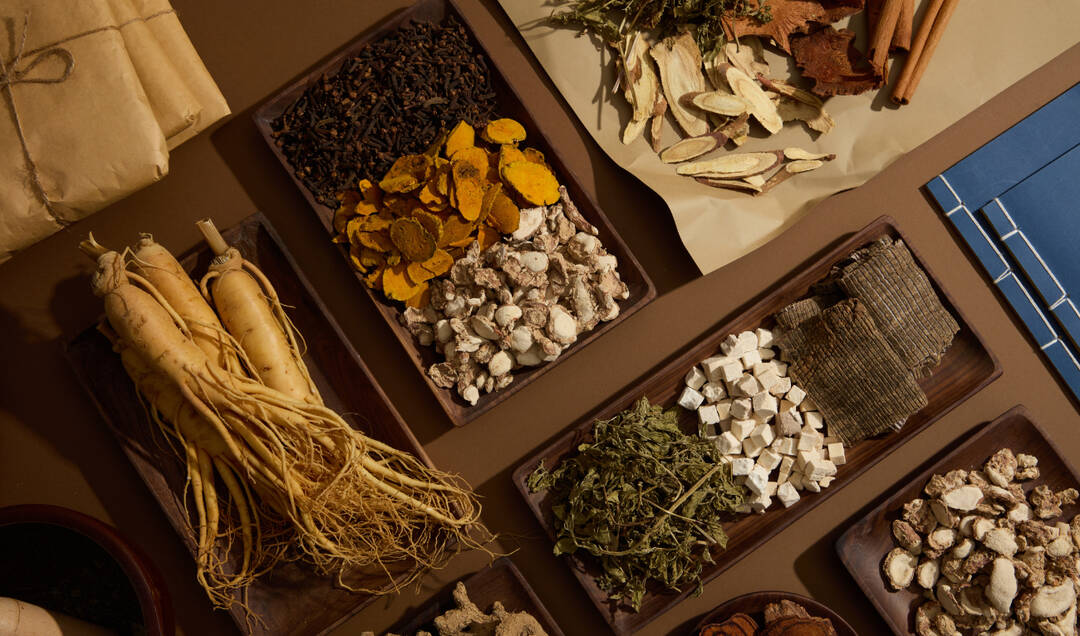Undoubtedly, traditional medicine is a significant part of Saudi Arabia’s cultural heritage, respected for its historical role in treating people before the advent of hospitals. Yet, it is also recognized as a major contributor to many deaths and health problems.
In the early 1980s, when Ghazi Al-Gosaibi was minister of health, he commissioned King Abdulaziz City for Science and Technology to undertake a five-year study on the pros and cons of traditional medicine in the Kingdom.
This initiative, which came at a cost of about SR 11.5 million ($3.67 million), involved the examination of 3,000 traditional medicines gathered from herbalists, traditional healers, Bedouins, and shepherds. Laboratory testing revealed that 120 of these recipes could potentially be beneficial, while the remainder were either ineffective or outright dangerous.
These viable recipes could be considered the official pharmacopeia for local traditional medicine, akin to what exists in the UK, US, France, Germany, China, and India. Experts view this traditional practice, once its safety is verified, as a mere complementary therapy for patient comfort, and it should never be considered a reliable medical alternative.
Traditional medicine often treats symptoms rather than the underlying disease, and there are numerous examples of this. It misleads patients into believing they are cured, with the healer exerting psychological influence over them — known in the medical world as the placebo effect. This has been shown in tests where patients received inactive tablets or had sham surgeries performed, resulting in just the incision and closure. Despite this, patients reported full healing, with no apparent explanation other than psychological suggestion.
Traditional healers employ similar tactics, such as using green tea for atherosclerosis or cauterization for treating strokes. They also utilize cupping, a technique with ancient Egyptian roots, which some believe alleviates back pain and induces relaxation and sleep, though scientifically, it has not been proven to treat any specific condition. Given that the amount of blood removed during cupping is minimal (about 50 milliliters), it would be more beneficial to donate blood for therapeutic purposes, as this helps address iron overload and stimulates bone marrow.
It is crucial to highlight that 40 percent of the world’s pharmaceuticals are derived from natural extracts or herbs similar to those used in traditional medicine. Insulin, for instance, was initially extracted from natural animal sources. Rigorous scientific studies have confirmed the high therapeutic value of some traditional medicines, such as Thai cellulite compresses and the use of ashwagandha for treating chronic fatigue. Acupuncture, another traditional practice, has been proven effective in managing lower back pain, as evidenced by a Harvard University study involving 18,000 participants.
Additionally, it is important to recognize that prophetic medicine is essentially folk healing, which some individuals have cloaked in religious garb to shield it from criticism and for financial gain. The Prophet Mohammed used the medical practices available during his time and never claimed to be a physician, saying instead: “You are more knowledgeable about your worldly affairs.”
A documented case involves a Saudi physician who claimed to treat certain cancers with camel urine and milk; 13 cancer patients who underwent this treatment all passed away after starting the course.
Some may point out that Saudi Arabia has had a Center for Complementary and Alternative Medicine for nearly 26 years, and this is true. However, the center was established to regulate, monitor, and organize traditional medical practices, particularly cupping in 2015. It has not, however, held accountable those unlicensed practitioners who lack even basic literacy yet treat celebrities and influencers in their homes.
A laboratory analysis at King Faisal Specialist Hospital found that one of their concoctions contained large amounts of two types of bacteria, toxic heavy metals like arsenic and zinc, and six kinds of pesticides, which could lead to liver fibrosis or even instant death in immunocompromised individuals. Therefore, while there is no harm in using verified and safe traditional medicine, it should only as a complementary treatment, as evidenced by the Mayo Clinic, which offers cupping and acupuncture services upon request.
Moreover, the World Health Organization includes an International Center for Traditional Medicine, established by former WHO Director General Margaret Chan from China for statistical purposes and to assist insurance companies in processing compensation claims for affected individuals. It is well established that the global trade in herbs has surpassed the arms trade, underscoring the need for international organizations to monitor and regulate it.
Traditional medicine practitioners, meanwhile, continue to justify their failures by citing the correct statistic that medical errors in hospitals are the third leading cause of death worldwide. The problem, however, is that they operate with blatant randomness, without any data to reveal their disastrous errors both in the East and the West.
* Dr. Bader bin Saud is a columnist for Al-Riyadh newspaper, a media and knowledge management researcher, and the former deputy commander of the Special Forces for Hajj and Umrah in Saudi Arabia. X: @BaderbinSaud.











